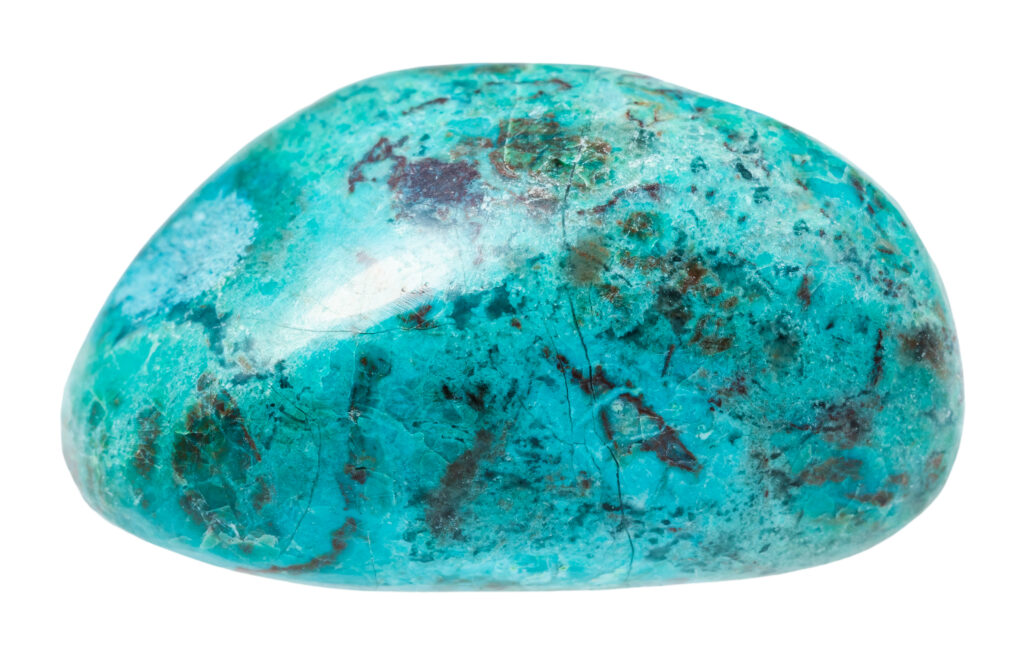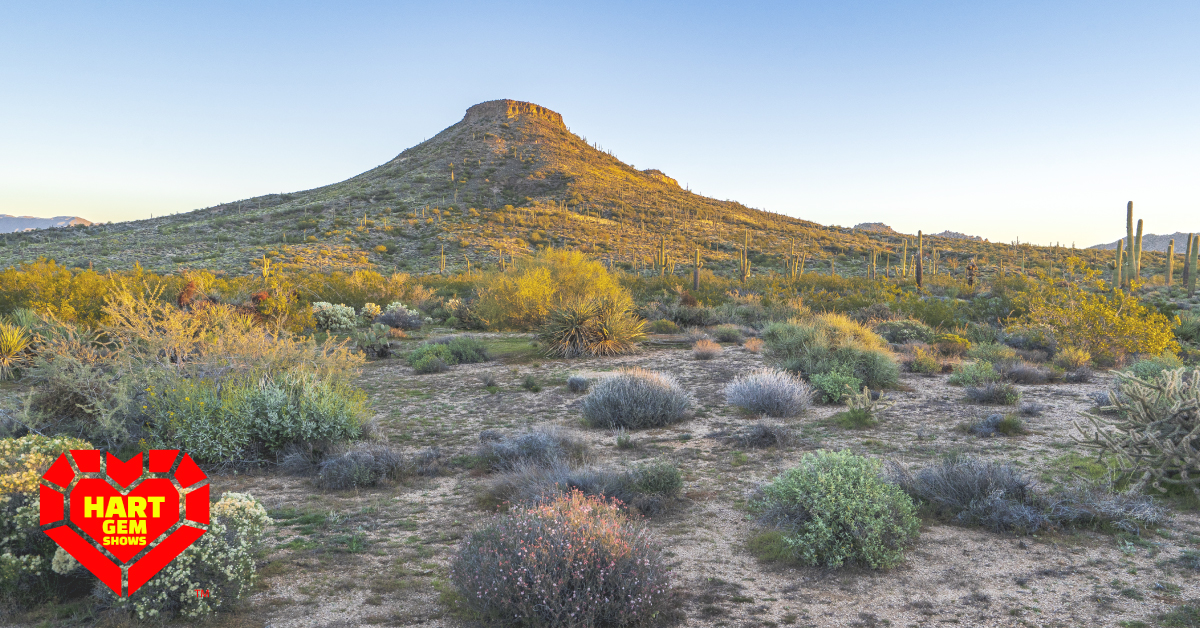Nestled in the Sonoran Desert, Tucson, Arizona, holds a world-renowned reputation as a hub for gem enthusiasts. While its modern fame is largely attributed to the Tucson Gem, Mineral & Fossil Show on 22nd Street, the region’s connection to gemstones stretches back centuries. Indigenous peoples have long treasured the area’s natural resources, embedding a deep cultural and spiritual significance into the gems that now captivate collectors from around the globe.
A Historical Dive

Before Tucson became the vibrant epicenter for global gem enthusiasts, the land was home to Indigenous tribes like the Tohono O’odham and Apache, who revered the natural bounty of the desert. Turquoise, often regarded as the “stone of life,” was a particularly significant gem in the region. It was mined and crafted into intricate jewelry and ceremonial items, believed to offer protection, healing, and spiritual guidance. This enduring connection to gemstones underscores a rich cultural tapestry that predates Tucson’s current status as a gem hub.
For Indigenous peoples, gemstones were not merely decorative but also spiritual and symbolic. Turquoise, for example, was seen as a bridge between heaven and earth, offering a sense of balance and protection. This reverence for the mystical properties of gemstones resonates across cultures.
Tucson as a Gem Hub
Tucson’s Indigenous gem heritage set the stage for its rise as a global gem epicenter. The city’s unique geographic location in the mineral-rich Southwestern United States made it a natural choice for miners, traders, and artisans. The Tucson Gem Show on 22nd Street exemplifies how the city embraces its gem-centric identity. Known for its sprawling exhibits and eclectic offerings, the 22nd Street Gem Show draws vendors and enthusiasts from every corner of the world.
The show celebrates not only the trade of gems but also their rich histories. It’s a vibrant marketplace where Indigenous artistry converges with international craftsmanship, echoing the legacy of those who first saw the beauty and power in these stones.
A Legacy of Connection
Tucson’s transformation into a global gem capital did not happen overnight. As detailed in How Tucson Became a Center for Gem Enthusiasts, the city’s journey involved decades of innovation, community collaboration, and cultural celebration. Today, this rich legacy continues to honor the area’s Indigenous roots while welcoming modern advancements in gemology.
Events like the Tucson Gem, Mineral & Fossil Showcase reflect this duality—marrying tradition and modernity, history and innovation. Indigenous motifs and designs remain a cornerstone of the jewelry and artifacts displayed, offering a glimpse into the profound cultural connections that these gemstones have fostered for centuries.
Looking Ahead
From the Indigenous peoples who first mined and revered stones like turquoise to the modern-day collectors who celebrate their timeless allure, Tucson remains a beacon of gemological and cultural significance. By honoring its past, Tucson ensures that its legacy of gems continues to shine brightly into the future.

